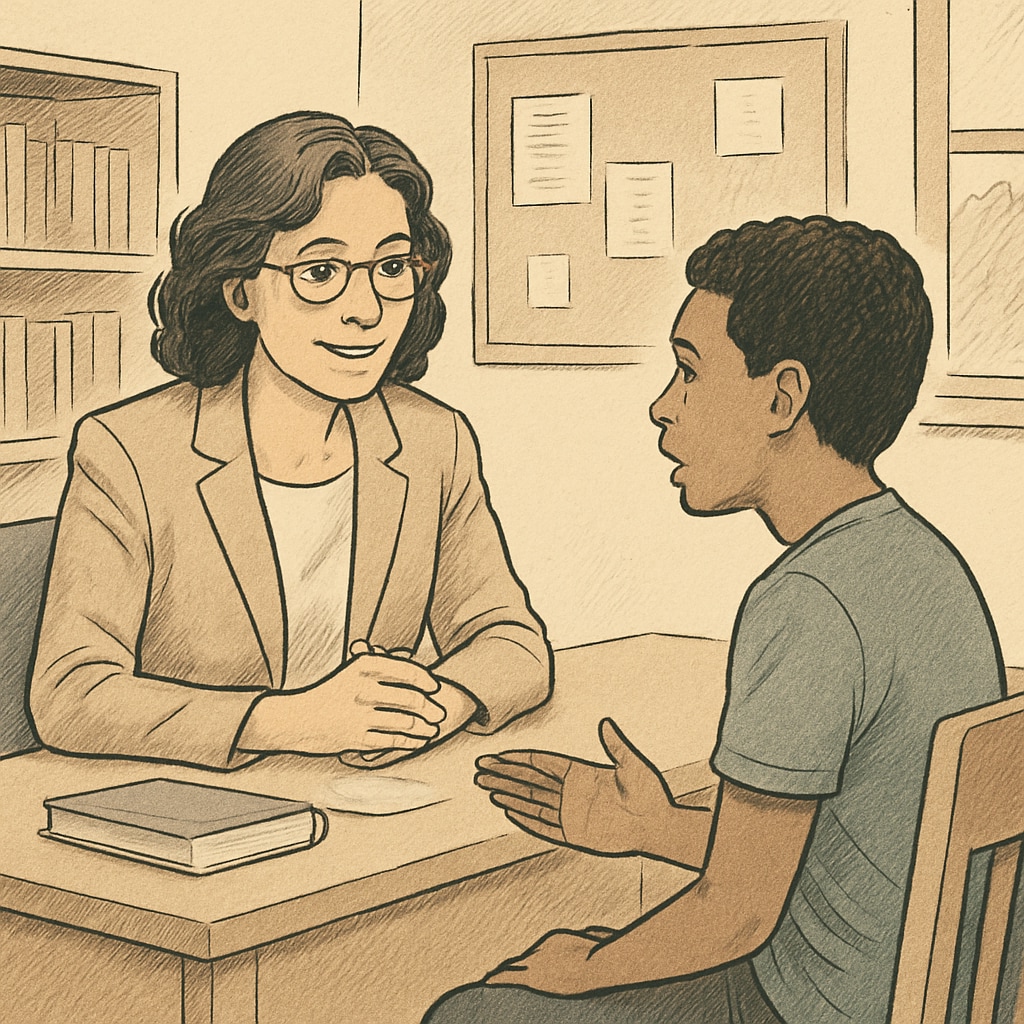Graduate students in education often face a daunting obstacle: finding school counselors willing to participate in interviews for their research projects. This challenge highlights the broader disconnect between academic research and the practical realities of school counseling. In this article, we explore the root causes of these difficulties, examine the pressures faced by school counselors, and suggest ways to foster collaboration between researchers and practitioners.

Why Are School Counselors Hard to Reach?
One of the primary reasons graduate students struggle to find school counselors for interviews is the overwhelming workload counselors face. According to the American School Counselor Association, the recommended student-to-counselor ratio is 250:1, but in many schools, this number is significantly higher. Counselors are tasked with academic advising, emotional support, crisis intervention, and administrative duties, leaving little time for external commitments like participating in interviews.
In addition, school policies often restrict external research activities. Many schools require administrative approval before staff can engage with academic researchers, adding bureaucratic hurdles. The fear of confidentiality breaches or misrepresentation in research further discourages school counselors from participating.
The Impact on Graduate Research
For graduate students, this difficulty in accessing school counselors can stall their research progress. Interviews with practitioners are crucial for understanding how theoretical frameworks apply in real-world settings. Without input from school counselors, research risks becoming disconnected from the practical challenges educators face daily.
Furthermore, the lack of collaboration between academia and practice can perpetuate gaps in training for future counselors. If research does not accurately represent the realities of school counseling, graduate programs may fail to prepare students for the demands of the profession.

Bridging the Gap: Practical Solutions
To address these challenges, both researchers and schools need to take proactive steps. Here are some actionable solutions:
- Create partnerships: Universities and school districts can establish long-term partnerships to facilitate research collaboration. These agreements can streamline the approval process and build trust between researchers and practitioners.
- Offer incentives: Providing professional development credits, stipends, or other incentives can encourage school counselors to participate in interviews. Recognizing their time and effort is essential.
- Leverage technology: Virtual interviews can make participation more convenient for busy school counselors, reducing the time commitment required.
- Enhance communication: Researchers should clearly communicate the purpose, scope, and potential benefits of their studies. Transparency can alleviate concerns about confidentiality and misrepresentation.
In addition, universities should incorporate practical training in research ethics and collaboration. Graduate students need to develop the skills to navigate the complexities of working with schools and build trust with potential participants.
Conclusion: A Call for Collaboration
The challenge of finding school counselors for interviews is not just a logistical issue; it reflects a deeper disconnect between academic research and educational practice. By fostering collaboration and mutual understanding, we can ensure that research contributes meaningfully to the field of school counseling. Graduate students, universities, and school districts all have a role to play in bridging this gap.
Ultimately, creating a supportive environment for research will benefit not only graduate students but also the school counselors and students they aim to serve. By working together, we can ensure that educational research is both practical and impactful.
Readability guidance: This article uses clear language, short paragraphs, and bullet points to summarize key ideas. Transitions like “in addition,” “furthermore,” and “however” ensure smooth reading. The passive voice is minimized, and sentences are concise to enhance readability.


